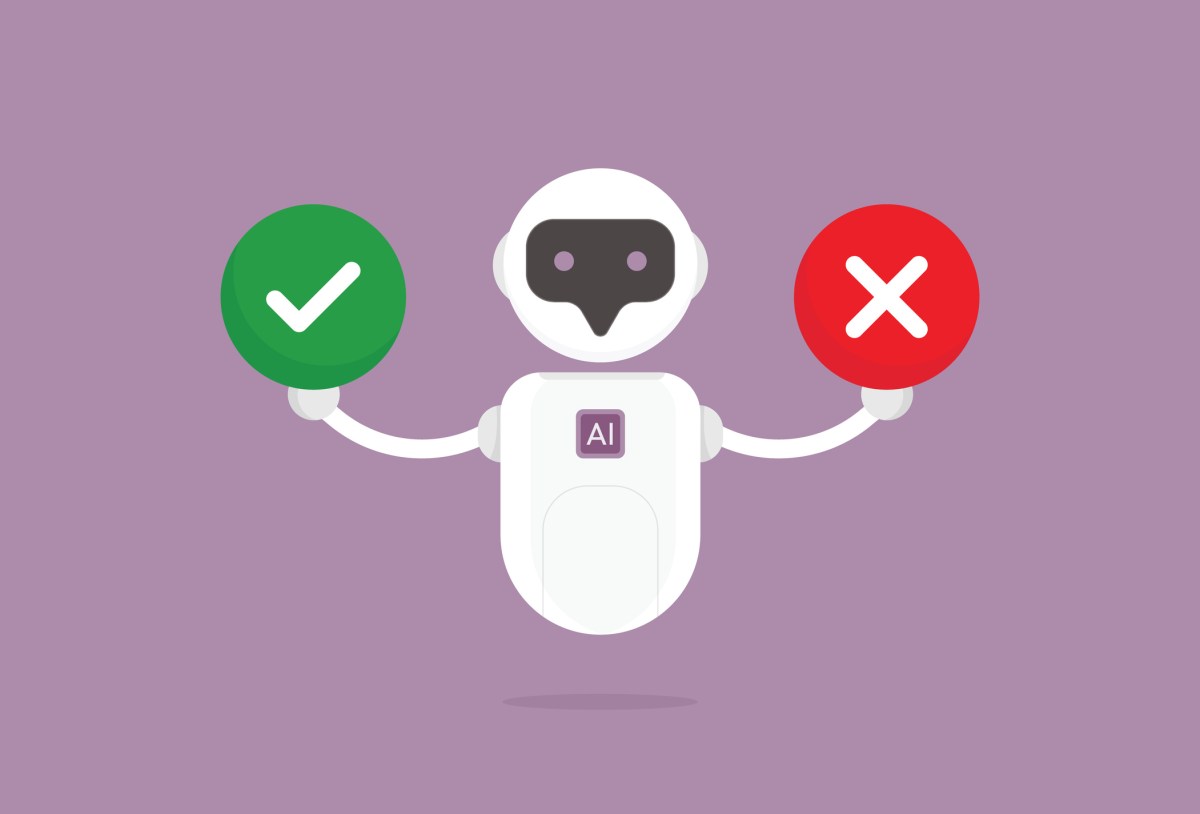Unlocking AI Innovation: Navigating the Hidden Restrictions of Open AI Model Licenses
This week, Google launched its latest family of open AI models, Gemma 3, which has quickly received acclaim for its remarkable efficiency. However, developers on social media platform X have voiced concerns regarding the licensing terms of Gemma 3, which may pose challenges for commercial utilization.
Challenges with AI Model Licensing
The issue of restrictive licensing is not exclusive to Gemma 3. Major tech companies, including Meta, have implemented customized licensing frameworks for their open models, leading to potential legal complications for businesses. Many smaller firms express anxiety that tech giants could unexpectedly alter terms, jeopardizing their operations.
Insights from the Open Source Community
Nick Vidal, head of community at the Open Source Initiative, shared his thoughts with TechCrunch: “The restrictive and inconsistent licensing of so-called ‘open’ AI models is creating significant uncertainty, particularly for commercial adoption. While marketed as open, the actual terms impose various legal and practical hurdles that deter businesses from integrating them into their products or services.”
Reasons Behind Proprietary Licenses
Open model developers have their justifications for choosing proprietary licenses over standard options like Apache and MIT. For instance, AI startup Cohere has explicitly stated its intention to support scientific endeavors, while restricting commercial use of its models.
Specific Licensing Restrictions
- Meta’s Llama 3: The licensing terms prohibit developers from using the output of Llama 3 models for enhancing any other models or derivative works. Additionally, companies with over 700 million monthly active users must obtain a special license before deploying Llama models.
- Gemma’s License: While less restrictive, Gemma’s license allows Google to remotely limit usage if they believe it violates their policies or applicable laws.
It is crucial to note that these restrictions extend beyond the original models. Any derivatives created from Llama or Gemma must adhere to their respective licenses, including models trained on synthetic data produced by Gemma.
Concerns from the AI Research Community
Florian Brand, a research assistant at the German Research Center for Artificial Intelligence, argues that licenses like Gemma and Llama’s cannot genuinely be termed ‘open source,’ given the complications they introduce.
“Most companies have a set of approved licenses, such as Apache 2.0, so any custom license is a lot of trouble and money,” Brand explained. “Small companies without legal teams or funds for legal advice will likely avoid models with non-standard licenses.”
The Impact on AI Adoption
Brand noted that while Google and other AI model developers have yet to rigorously enforce their licensing terms, the mere threat of enforcement can deter potential adopters. He stated, “These restrictions have an impact on the AI ecosystem — even on AI researchers like me.”
Han-Chung Lee, director of machine learning at Moody’s, concurs that custom licenses like those from Gemma and Llama often render the models unusable in various commercial scenarios. Eric Tramel, an applied scientist at Gretel, highlighted the confusion surrounding model-specific licenses, stating, “Imagine a business producing model fine-tunes for their clients — what license would apply to a Gemma-data fine-tune of Llama?”
Broader Implications for the Industry
Tramel expressed concern that model providers could exploit their licensing power to dominate emerging business sectors. “For example, while Gemma 3 appears promising, its licensing structure hinders market adoption, pushing businesses towards potentially less reliable Apache 2.0 models.”
Despite the challenges, some models have gained considerable traction. Llama has been downloaded hundreds of millions of times and integrated into major products, including Spotify.
The Call for Open Licensing Frameworks
Yacine Jernite, head of machine learning and society at Hugging Face, advocates for a shift towards open licensing frameworks. He believes that collaboration with users on broadly accepted terms would enhance model adoption.
“Given the ambiguity surrounding current terms, many beneficial projects may find themselves in precarious legal positions,” Jernite warned. “The AI industry must align with established open-source principles to foster a genuinely open ecosystem.”
Vidal emphasizes the urgency for AI model companies to create licenses that allow for seamless integration, modification, and sharing free from the fear of sudden changes or legal uncertainty. “The current landscape of AI model licensing is riddled with confusion, restrictive terms, and misleading claims of openness,” he concluded.







